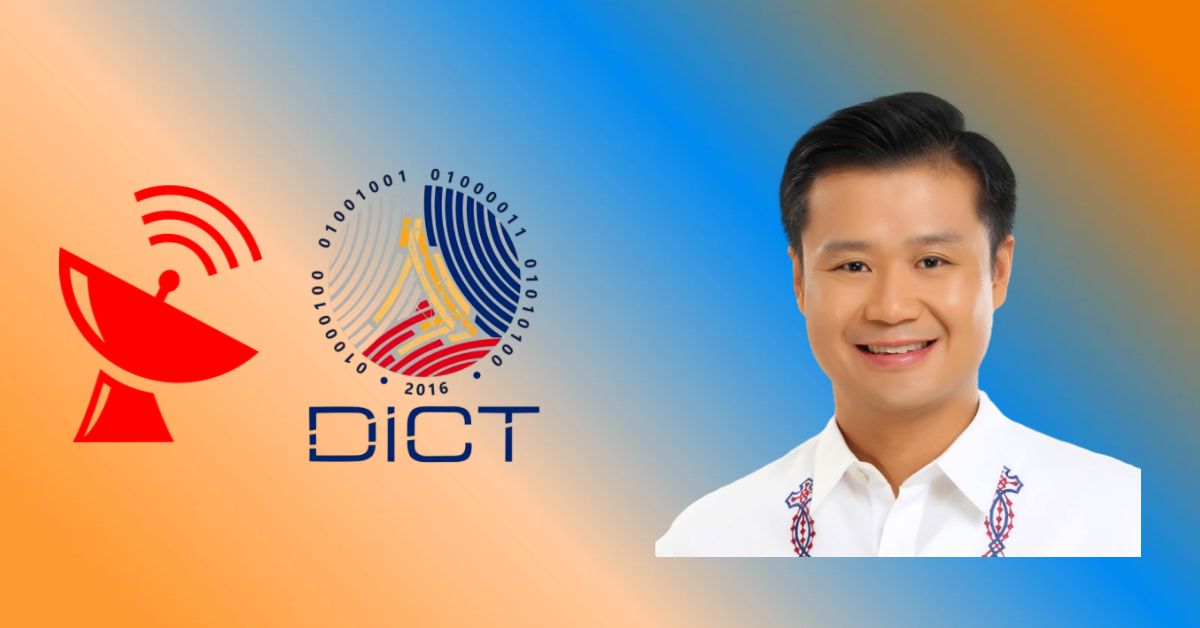Senator Sherwin “Win” Gatchalian vowed to pursue the enactment of Senate Bill No. 2250 (proposed Satellite-Based Technologies for Internet Connectivity Act of 2021) to develop satellite-based internet technology in the country and expand the powers of the Department of Information and Communications Technology (DICT) to ensure universal access to the internet.
Gatchalian has filed the proposed legislation due to the lack of broadband infrastructure in the country, especially in far-flung islands and mountainous areas with low population density and limited access to electricity.
The DICT has recently expressed support to early preparatory efforts to establish satellite-based internet connectivity in the Philippines and is now in the process of coordinating with several government agencies such as the Philippine Space Agency (PhilSA) and the Philippine Chamber of Commerce and Industry (PCCI) for the conduct of tests.
“Wala nang maiiwan pagdating sa pagkakaroon ng access sa internet kahit na ang mga nasa malalayong lugar dahil mabibigyan na sila ng serbisyo sa pamamagitan ng satellite-based technologies,” Gatchalian said.
(Nobody will be left behind when it comes to accessing the internet even for those in remote areas because they can now be provided with service through satellite-based technologies.)
Under Gatchalian’s proposed measure, the DICT will be mandated to identify areas that are underserved and unserved by traditional broadband network operators and where the use of satellite-based internet can be maximized.
The DICT shall likewise be made to issue rules and regulations on the development, use, and maintenance of satellite-based technology, and exercise regulatory and administrative jurisdiction over Internet Service Providers (ISPs) and satellite policies.
Some of the powers of the National Telecommunications Commission (NTC) will be transferred to the DICT in order to expedite the processing of permits of local or foreign-owned ISPs.
“Ensuring connectivity, even those in remote areas, would provide the needed boost to the government’s digital transformation. It will enhance delivery of government services, support online learning for the education sector, and enable micro, small and medium enterprises (MSMEs) in the countryside to be more productive,” Gatchalian said.
“Sa panahon na halos lahat ay nakadepende na sa online platform, masisiguro natin na magiging abot-kamay na ang serbisyo maski sa mga kababayan natin na nasa kanayunan,” he ended.
(At a time when almost everyone is dependent on online platforms, we can ensure that the service will be affordable even for those in the countryside.)


